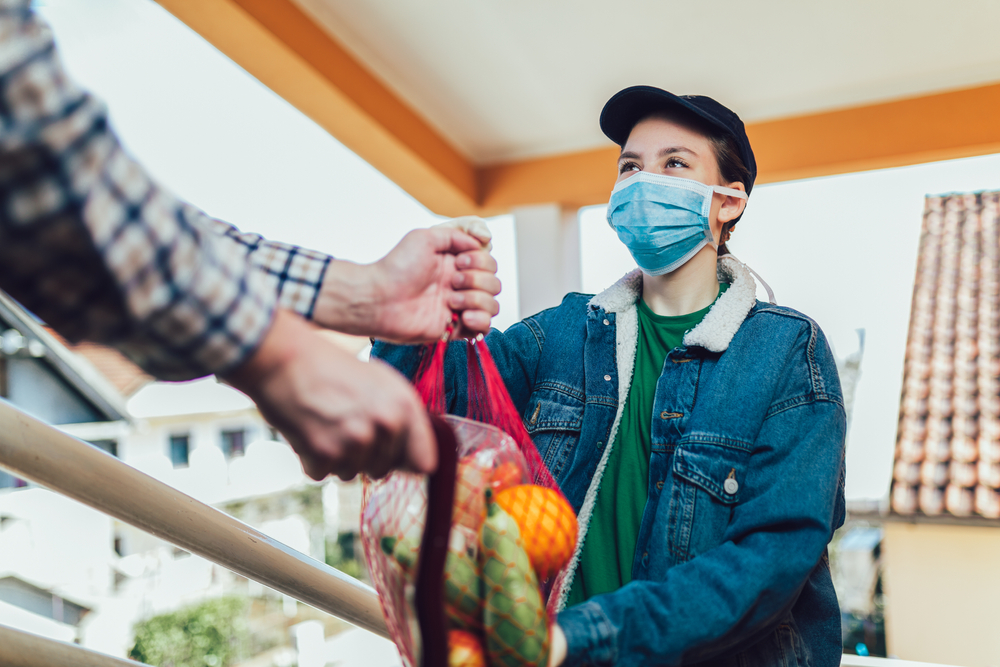Each February 17th, we celebrate Random Acts of Kindness Day. On this occasion, you are encouraged to #ExploreTheGood and #MakeKindnessTheNorm by doing something charitable for friends, family, and strangers. You may be surprised to learn that in addition to improving someone else’s life, these good deeds have a positive impact on your physical and mental health. Today, we’ll discuss the science behind random acts of kindness.
How Acts of Kindness Can Improve Your Well-Being
Being kind to others, especially when we expect nothing in return, can actually positively impact our physiology. Helping behavior can boost production of oxytocin – the brain’s “love hormone.” This helps us to feel connected and open, boosts optimism and self-esteem, and even lowers our blood pressure.
Kindness also increases our serotonin and dopamine production. These neurotransmitters stabilize our mood (serotonin) and activates the brain’s reward center (dopamine). People in recovery tend to have issues with dopamine production; this is why acts of kindness are especially beneficial for those who have recently stopped drinking or using drugs. The “natural high” created through helping others causes individuals to…
- Lower their stress levels,
- Experience less physical pain, and
- Live longer lives.
In summary, while doing good is beneficial for the world around us, it is also an incredibly effective way to improve our physical and mental health. People who achieve long-term positive effects from helping behavior are those who incorporate kindness into all of their decisions – they are routinely altruistic and form habits of generosity. The good news is that we can all learn to prioritize this behavior. Not every act of kindness has to be a large gesture; in fact, small, everyday choices are what will ultimately make the difference.
Would you like to begin making kinder choices? Random Acts of Kindness Day is a great opportunity to start.
Celebrating Random Acts of Kindness Day
Like all holidays during the coronavirus pandemic, we’ll have to change the way we observe Random Acts of Kindness Day. Here are a few ideas for spreading joy (and boosting your mood) for those in recovery.
Help your neighbors. If people on your street are in lockdown, reach out to find out how you can help them. Does the elderly couple next door need someone to run to the grocery store? Could they use some assistance shoveling snow? Try being especially neighborly this week.
Donate food and supplies. This time of year, food banks and shelters are in need of canned goods, hygiene products, and other items. Speak with a volunteer coordinator to find out what they’re short on, then host a mini food drive or donate those things yourself.
Reply to posts you enjoy. We’ve gotten so used to aimlessly scrolling through our feeds, consuming information, that we don’t always remember to interact. Make the internet a kinder, more constructive place by taking the time to message a friend or leave a friendly comment on a post you liked.
Catch up with elderly family members. This time has been lonely for all of us, especially those who are more vulnerable to the virus. Your grandparents, aunts, or uncles probably haven’t left the house in weeks or months. Give them a call for Random Acts of Kindness Day and reminisce about the past or make plans for the future.
Leave a review. Do you have a favorite restaurant that has handled the pandemic especially well? How about an auto shop that worked with you on pricing? Leave them a great review on Yelp or Google. It may take five minutes, but a five-star review can make all the difference in the amount of business they get going forward.
Plant a tree. There’s a saying that many of us in recovery have heard time and time again: “A society grows great when old men plant trees in whose shade they know they shall never sit.” Try planting trees this year. Not only will you beautify your neighborhood, but you’ll invest in its environmental future.
A Restorative Environment for Addiction Recovery
At Lakeside-Milam, we are your partner in recovery. Our clinicians are equipped to provide inpatient and outpatient services for addiction treatment and mental health care. Located in the Pacific Northwest, with an array of outpatient facilities, we are providing lifesaving care during the COVID-19 pandemic. If you would like to learn more about our services, contact us today.






